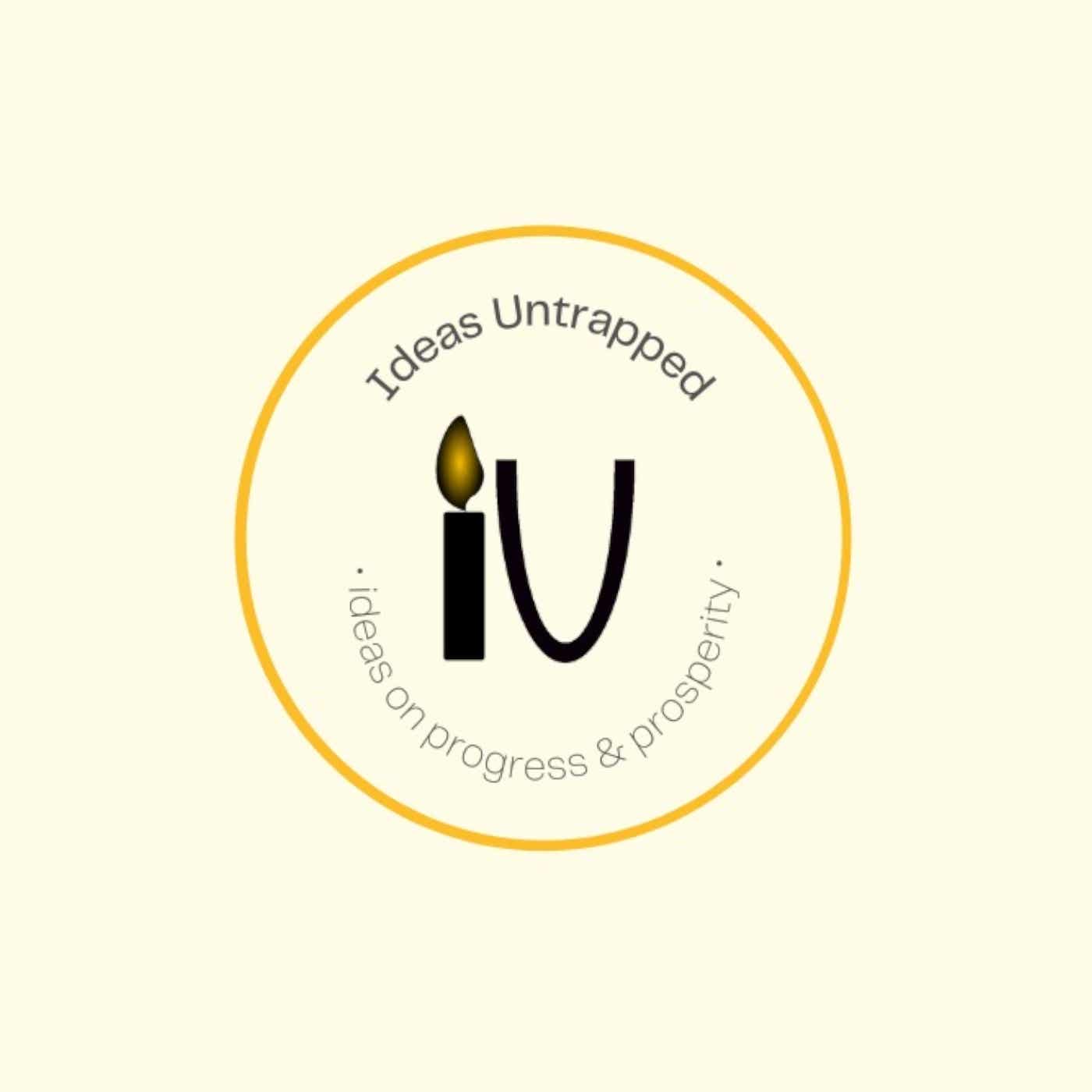UNDERSTANDING CHINA'S DEVELOPMENT
Description
It is difficult to overstate China's rise in terms of economic development in the four decades - growing from one of the poorest countries to becoming the world's second-largest economy. China has also become an important geopolitical partner to many developing countries, and it is quite common to encounter talk of the ‘‘China model’’ of development as being more suitable for many African countries that have struggled with economic transformation. Joining me on today's episode is political scientist Yuen Yuen Ang to unpack what China did during the reform years and the many ways that process is misunderstood. She has two excellent books (linked here) on China, and she is one of the most careful, thoughtful, and perceptive scholars I have read.
Transcript
Tobi;
Welcome to Ideas Untrapped, and my guest today is Yuen Yuen Ang who is a professor of political science at the University of Michigan. She has written two very important books on China. And I want to talk to her today about the first book, How China Escaped the Poverty Trap. Welcome, Yuen.
Yuen;
Well, thank you very much, Tobi, thank you for having me. And I very much appreciate your support.
Tobi;
In global development today, it's almost impossible not to talk about China. China has become so important both economically and geopolitically, and we know that the picture or the situation was quite different 40 years ago. Another thing with what China has done in the last four decades, I mean, two-thirds of the global reduction in poverty is in China and so many other amazing things, is that there's a lot of, should I say, content on China and in my experience, it feels a bit like quantum physics and that Feynman quote, which is the more you read on China, the less we understand.
But, reading your book for me as being quite illuminating. Again, I want to thank you for writing it. So the first question I'll ask you is, very early in your first book you made what I think was an important distinction, which is the difference between market-creating institutions and market-preserving institutions. Can you elaborate more on that? And how China was able to take advantage of the former?
Yuen;
Sure. Well, first of all, I really love the quote that you used. And before I jump into the question that you just asked, I think it's useful to respond to your comments, which I think it's very insightful, which is that everyone is very interested in China. There's a lot of talk about it, but it feels confusing.
And so at the outset, when I write my books, I think one of the things that I wanted to set out to do was to provide an integrative account of China's development since its market opening in 1978. And I stress the word integrative, because I think one of the sources of confusion that you alluded to comes from the fact that there are many, many accounts about China's development, but they tend to focus on only one aspect.
So some will talk about trade, others might talk about economic policy, so there are so many different topics about China. But what people need is an integrative account that puts all of these different elements and variables together.
I really put them on a timeline to help people to understand, sort of, the different factors that were salient at different points in time. And this is important for correcting the misconception that there is one China model, like some kind of blueprint that was created at the outset and designed to help China take off.
So that was the kind of broader backdrop that motivated the way that I write my book, in particular, the first one. Let me now come back to your original question, which is the concept of market-building and market-preserving institutions.
And the important thing to understand about institutions is that economists have all agreed that good institutions, such as rule of law, such as formal accountability, such as modern courts, that all of these good institutions are essential for
More Episodes
Published 04/27/24
In this episode, I had a conversation with economic historian Johan Fourie, who is a professor of economics at Stellenbosch University, and the author of one of the most enjoyable books on economic history called Our Long Walk to Economic Freedom. We spoke about the resurgence of economic...
Published 03/20/24
Published 03/20/24


